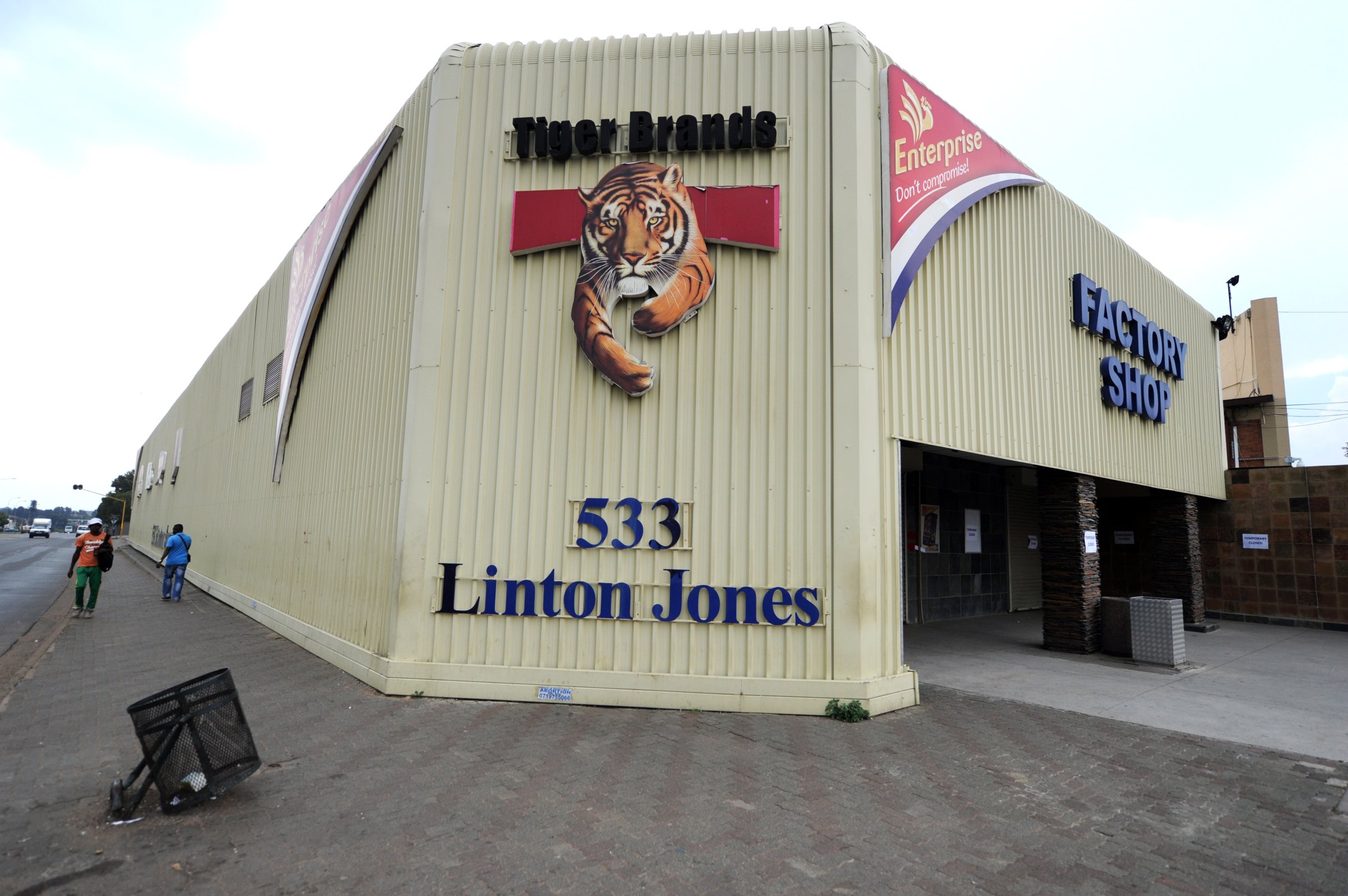
South Africa is struggling to contain a deadly outbreak of listeriosis that’s been declared the world’s worst on record. More than 900 people were infected over 14 months before the government identified a meat-processing factory owned by Tiger Brands Ltd., the continent’s biggest packaged-food company, as the source. With at least 183 dead — many of them infants and children — manufacturers have issued mass recalls for ready-to-eat sausages and other meat products singled out by officials as potentially dangerous.
1. What is listeriosis?
The disease is caused by high numbers of Listeria monocytogenes, a bacterium found in soil, water, plants and animal feces, which usually spreads to humans through contaminated food. Cooking kills listeria, but it can multiply in the refrigerator. High-risk foods include deli meat, soft cheeses and cold-smoked fish — really, anything that can sit in a refrigerator for a long time and is eaten without further cooking. Symptoms of listeriosis include fever, muscle pain and a stiff neck. While there are two types of the disease, the one to worry about is invasive listeriosis. It’s treatable if diagnosed early.
2. How has South Africa responded?
Nearly 1,000 cases have been identified since the start of 2017. However, the figures could be higher because health workers weren’t required to report cases until December last year, after the outbreak was confirmed. According to Health Minister Aaron Motsoaledi, investigations started in earnest after doctors from two hospitals alerted the National Institute of Communicable Diseases to unusually high numbers of babies with listeriosis in July 2017. The institute spent the following months gathering and analyzing data from across the country. The data showed that the outbreak started in June. A strain of listeria known as sequence-type six, or ST6, was identified as the driver of the outbreak.
3. Who or what is to blame?
The outbreak has been linked to a factory in the northeastern city of Polokwane owned by Tiger Brands’s Enterprise unit, after samples of ST6 were found at the facility. One of the likely culprits is a South African product called polony — a cheap and highly processed meat product that’s popular in lower-income households. Enterprise makes polony, as does RCL Foods Ltd., which has closed a factory and recalled polony products as a precaution. It’s not just polony: The government has recommended that South Africans avoid all types and brands of chilled, ready-to-eat meat products.
4. What does Tiger Brands say?
While the company confirmed that ST6 was found at the facility in Polokwane, it said there’s no evidence of the strain in its products. However, it has closed both the Polokwane plant and a second Enterprise factory and recalled all Enterprise chilled, ready-to-eat processed meat products. Tiger Brands says it wants to be at the forefront of finding a solution to the national crisis and has hired a team of scientific experts to identify the cause of the outbreak. It also said it recognizes a need for new industry-wide standards in South Africa to ensure that best practice regulatory standards are created, to prevent any such outbreak again.
5. What else is being done?
Both Enterprise factories are undergoing a deep-cleaning process. Retailers across the country have been asked to remove the Enterprise products from their shelves. Consumers are being urged to separate such products from other food and return them to stores to prevent further contamination (and receive a refund). Richard Spoor, a South African lawyer known for representing mine workers seeking compensation for lung damage, is working with Seattle-based firm Marler Clark on a class-action suit to be filed on behalf of listeriosis victims.
6. Who is most affected?
Pregnant women, children, the elderly and people with weakened or underdeveloped immune systems — such as those with HIV/AIDS — are most likely to contract listeriosis. The bacteria can be transmitted from a pregnant mother to her baby and has also resulted in stillbirths. Many of the products that have been recalled are popular with households in South Africa that have limited alternatives. School lunches often contain polony sandwiches or “Viennas,” a local term for hot-dog-style sausages.
7. How does this compare with other outbreaks?
South Africa’s crisis is far graver than the second-largest documented listeriosis outbreak, which occurred in the U.S. in 2011 with a total of 147 reported cases linked to contaminated cantaloupes. Outbreaks of listeria typically produce just a handful of cases, because the source is usually identified very quickly, according to World Health Organization scientist Peter Ben Embarek. While listeria bacteria occur widely around the world, a study published in 2014 showed they cause fewer cases of disease than other food-borne pathogens like salmonella. However, invasive listeriosis has a fatality rate of 20 to 30 percent, according to the WHO.
More Must-Reads from TIME
- Why Biden Dropped Out
- Ukraine’s Plan to Survive Trump
- The Rise of a New Kind of Parenting Guru
- The Chaos and Commotion of the RNC in Photos
- Why We All Have a Stake in Twisters’ Success
- 8 Eating Habits That Actually Improve Your Sleep
- Welcome to the Noah Lyles Olympics
- Get Our Paris Olympics Newsletter in Your Inbox
Contact us at letters@time.com